Buschenschank (wine taverns)
A long tradition
The origins of the farmhouse inns
The Buschenschänke, or farmhouse inns, have their origins in the Middle Ages. At that time, the farmers were given the right by the sovereigns to cellar and serve part of their grapes themselves. A green bouquet ("Buschen") above the house entrance indicated that the business was open.
The Buschenschänke, or farmhouse inns, have their origins in the Middle Ages. At that time, the farmers were given the right by the sovereigns to cellar and serve part of their grapes themselves. A green bouquet ("Buschen") above the house entrance indicated that the business was open.
This custom still applies today: when the Buschenschänke or farmhouse inns invite guests to Törggelen in autumn, the farmers place a homemade green bouquet at the entrance to the house.
The legal framework
While Austria has had its own Buschenschank law since 1843, South Tyrol fell into a more or less lawless zone in this area under Italy, so that the number of Buschenschänke declined steadily. The wine tavern culture experienced a renaissance in the course of the great tourism boom and through the emergence of Törggelen in the sixties and seventies. The number of Buschenschänke increased sharply. This prompted the legislators to regulate the activities of the Buschenschänke by law. It was thus enshrined in a provincial law which defines a Buschenschank in South Tyrol. Thus, the term "Buschenschank" has been legally protected for over three decades.

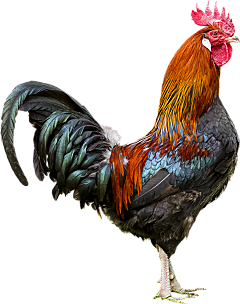
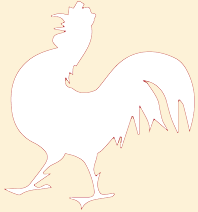
![[Translate to English:] Tradition [Translate to English:] Tradition](https://www.roterhahn.it/images/content/5374065_desktop_0_0_0_0/720cX1280c/fileadmin/user_upload/baeuerliche_schankbetriebe/Eine_lange_Tradition/lange_tradition_mobile.jpg)
![[Translate to English:] Tradition [Translate to English:] Tradition](https://www.roterhahn.it/images/content/5374064_desktop_0_0_0_0/720cX1280c/fileadmin/user_upload/baeuerliche_schankbetriebe/Eine_lange_Tradition/lange_tradition.jpg)
![[Translate to English:] Weinbau [Translate to English:] Weinbau](https://www.roterhahn.it/images/content/5374070_desktop_0_0_0_0/194cX194c/fileadmin/user_upload/baeuerliche_schankbetriebe/Eine_lange_Tradition/lange_tradition_kugel1.jpg)
![[Translate to English:] Wein [Translate to English:] Wein](https://www.roterhahn.it/images/content/5374071_desktop_0_0_0_0/194cX194c/fileadmin/user_upload/baeuerliche_schankbetriebe/Eine_lange_Tradition/lange_tradition_kugel2.jpg)
![[Translate to English:] Buschenschank [Translate to English:] Buschenschank](https://www.roterhahn.it/images/content/5374072_desktop_0_0_0_0/194cX194c/fileadmin/user_upload/baeuerliche_schankbetriebe/Eine_lange_Tradition/lange_tradition_kugel3.jpg)
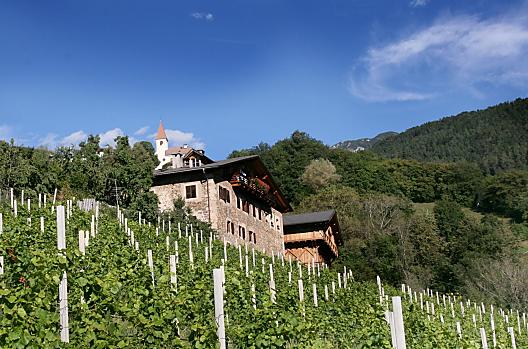
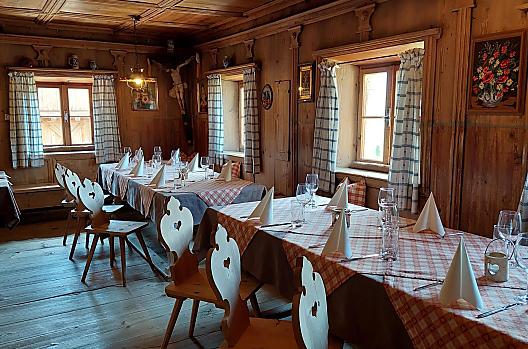
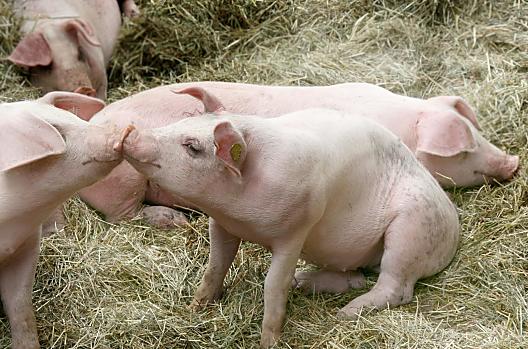
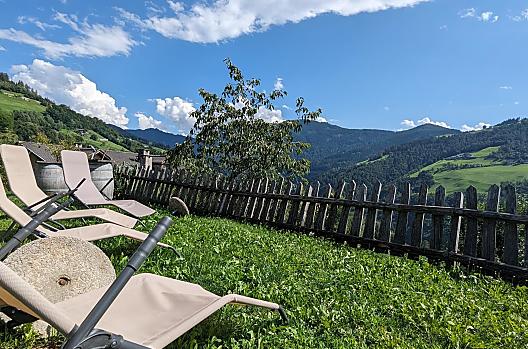
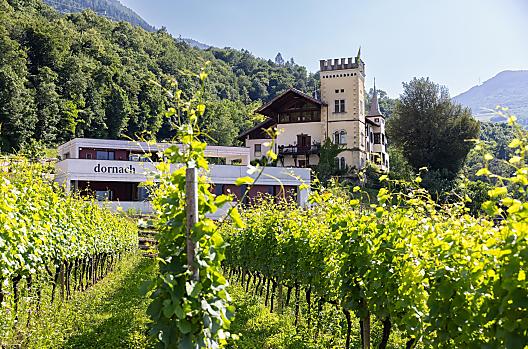
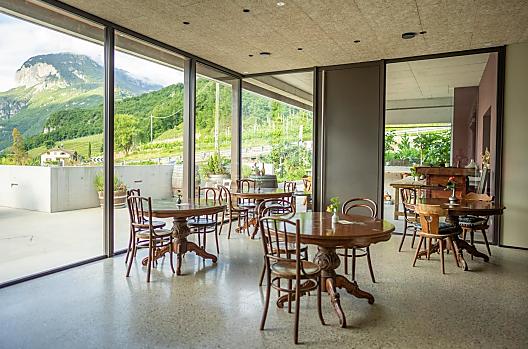
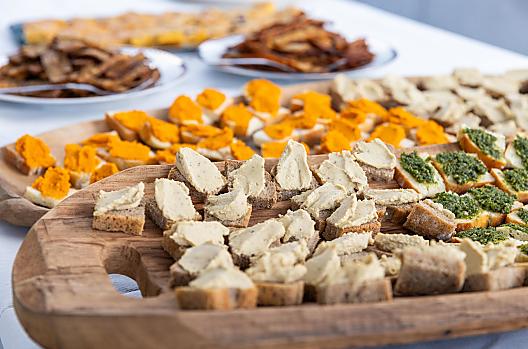

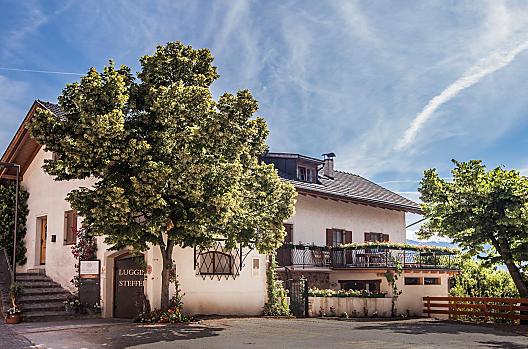
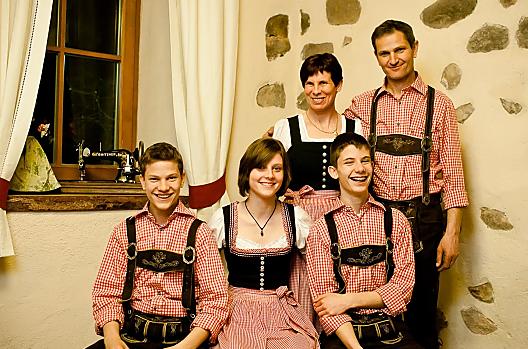
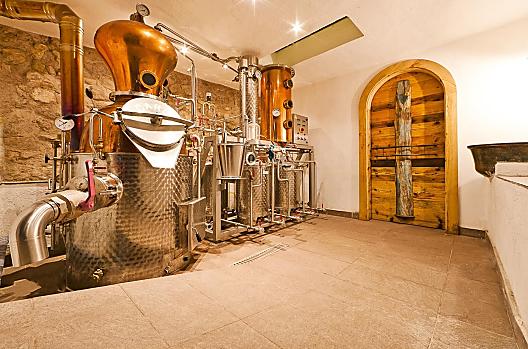
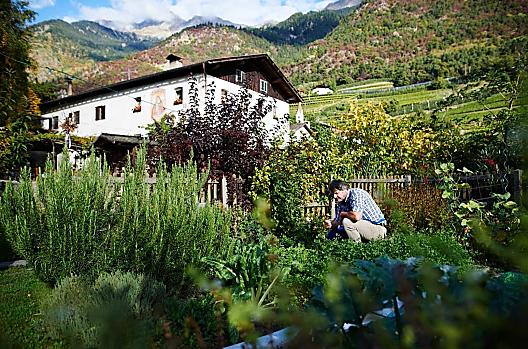
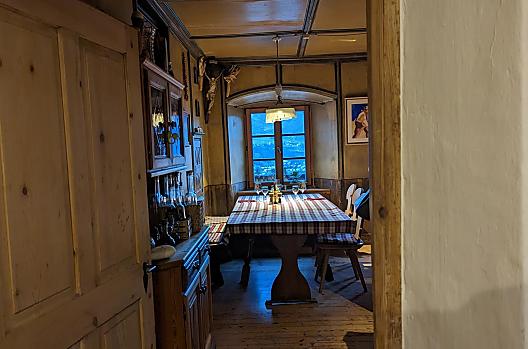
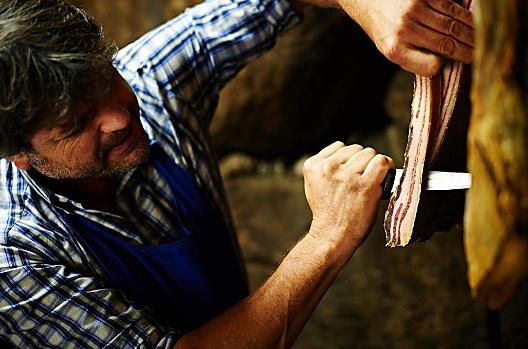
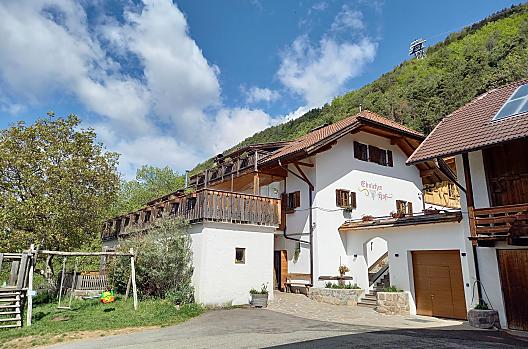
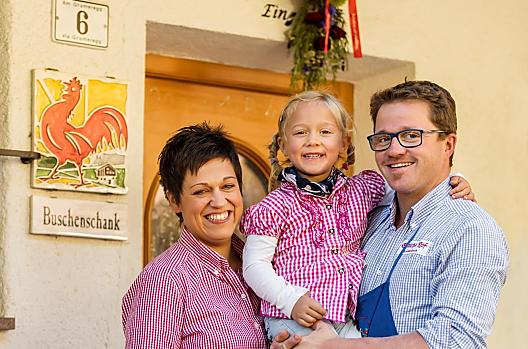
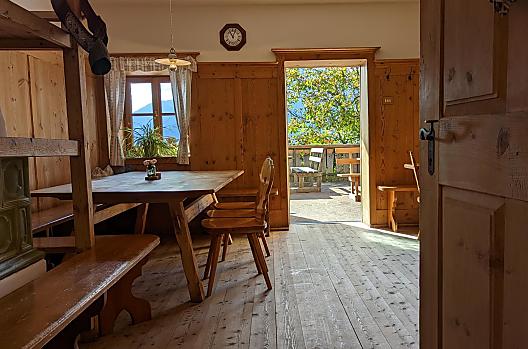
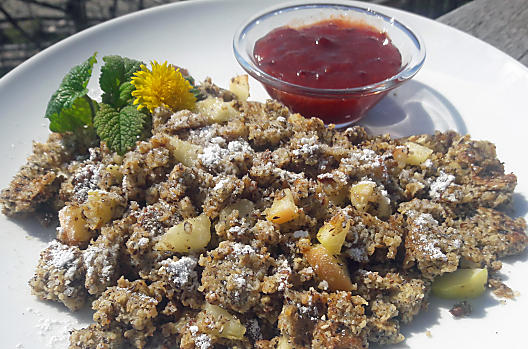
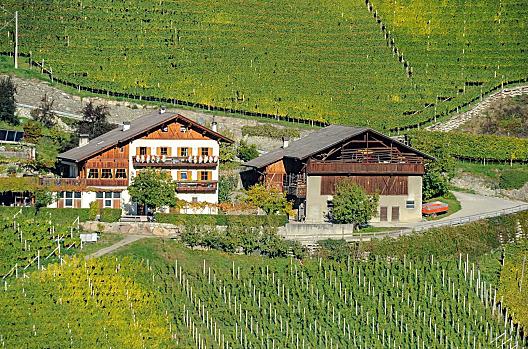
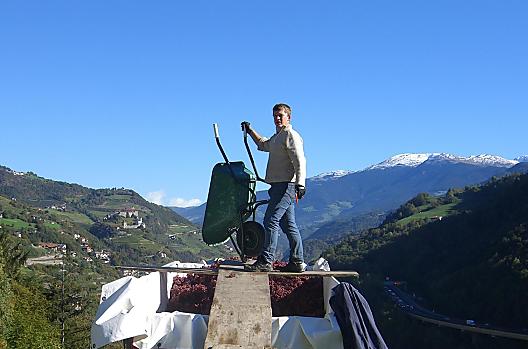
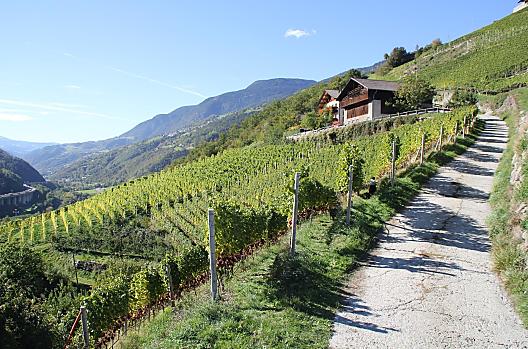
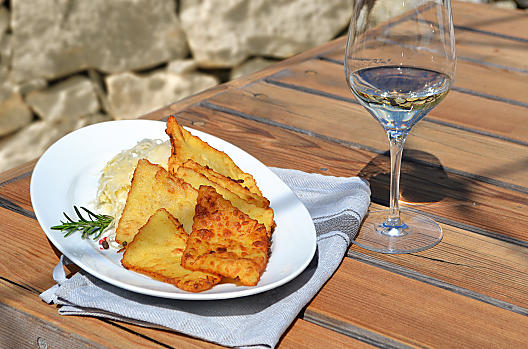
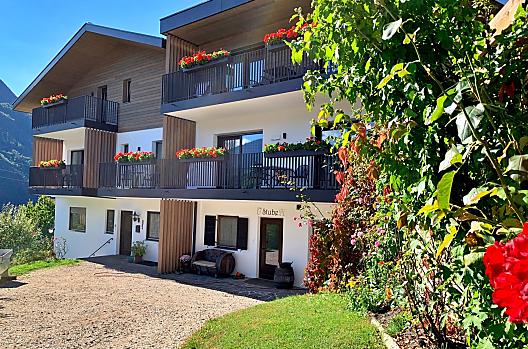
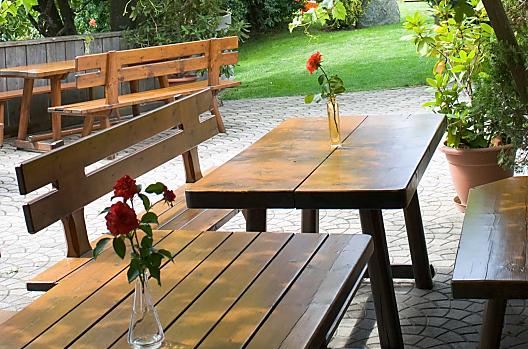
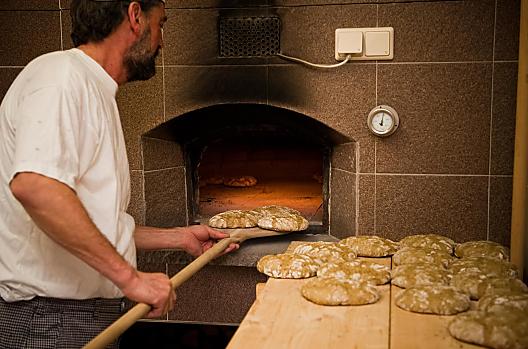
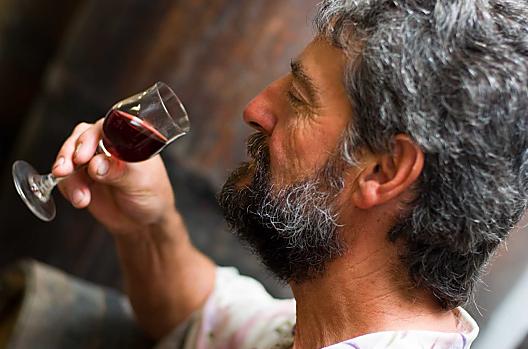

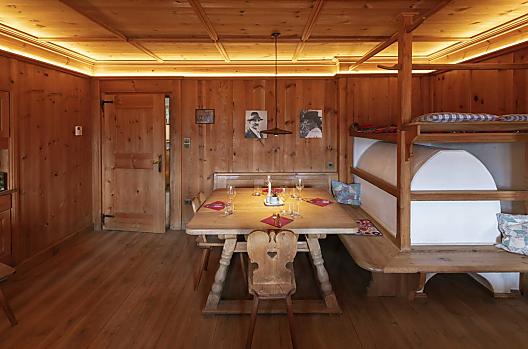
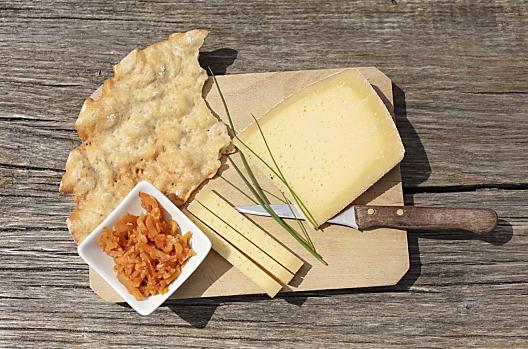
![[Translate to English:] Törggelen [Translate to English:] Törggelen](https://www.roterhahn.it/images/content/5374221_desktop_0_0_0_0/400cX427c/fileadmin/user_upload/baeuerliche_schankbetriebe/Toerggelen_am_Ursprung/toerggelen_ursprung_teaser.jpg)

![[Translate to English:] Törggelen [Translate to English:] Törggelen](https://www.roterhahn.it/images/content/5374352_desktop_0_0_0_0/400cX427c/fileadmin/user_upload/baeuerliche_schankbetriebe/Das_typische_Toerggelemenue/typische_menue_teaser.jpg)
![[Translate to English:] Törggelen [Translate to English:] Törggelen](https://www.roterhahn.it/images/content/5374382_desktop_0_0_0_0/400cX427c/fileadmin/user_upload/baeuerliche_schankbetriebe/Kastanien_braten/kastanien_braten_teaser.jpg)